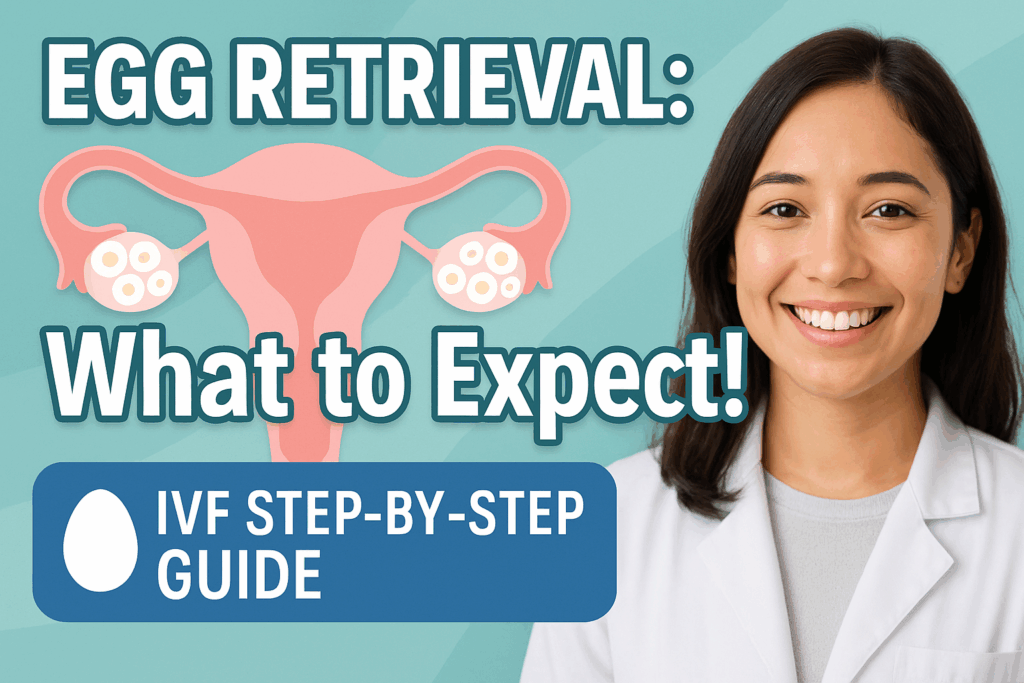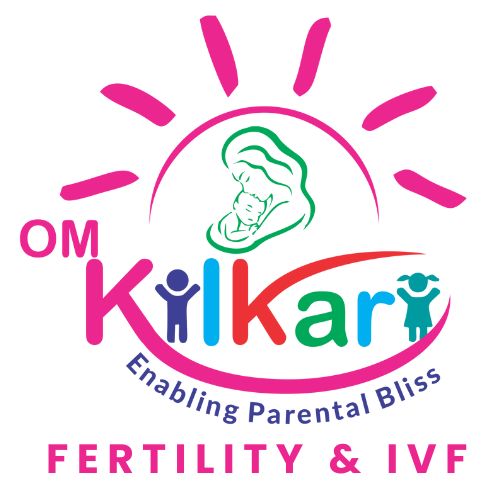
Egg retrieval is a crucial step in the in vitro fertilisation (IVF) process. It involves collecting mature eggs from the ovaries to be fertilised in a lab. If you’re preparing for this procedure, feeling excitement and nervousness is normal. This guide will walk you through what to expect, how to prepare, and tips for a smooth recovery.
What Is Egg Retrieval?
Egg retrieval (or oocyte retrieval) is a minor surgical procedure performed under sedation. A fertility specialist uses an ultrasound-guided needle to extract eggs from the ovarian follicles. The eggs are then fertilised with sperm in the lab to create embryos.
When Is Egg Retrieval Done?
- After ovarian stimulation (using fertility medications).
- Approximately 34-36 hours after the “trigger shot” (hCG or Lupron) to ensure eggs are mature.
What to Expect During Egg Retrieval
1. Before the Procedure
- Fasting: You’ll need to stop eating and drinking (usually after midnight) before the procedure.
- Medications: Follow your doctor’s instructions on which medications to take or avoid.
- Arrival at the Clinic: You’ll check in, change into a gown, and meet the anesthesiologist.
2. During the Procedure (20-30 minutes)
- Sedation: You’ll receive IV sedation (not general anesthesia), so you’ll be asleep and feel no pain.
- Ultrasound-Guided Retrieval: The doctor inserts a thin needle through the vaginal wall into the ovaries to suction out the eggs.
- Egg Collection: The eggs are immediately taken to the lab for fertilization.
3. After the Procedure
- Recovery Room: You’ll wake up in about 30-60 minutes and be monitored for any discomfort.
- Mild Side Effects:
- Cramping (like period cramps)
- Bloating
- Light spotting
- Discharge: You’ll need someone to drive you home due to sedation effects.
How to Prepare for Egg Retrieval
1. Medications & Supplements
✔ Take as prescribed: Stimulation injections, trigger shot, and any other meds.
✔ Avoid blood thinners (aspirin, ibuprofen) unless approved by your doctor.
✔ Continue prenatal vitamins (folic acid is essential).
2. Diet & Hydration
✔ Eat protein-rich foods (eggs, lean meat, beans) to support recovery.
✔ Hydrate well (water, electrolytes) to reduce bloating.
❌ Avoid alcohol and caffeine before and after the procedure.
3. Lifestyle Adjustments
✔ Rest the day before—avoid intense workouts.
✔ Arrange for a ride home (you won’t be allowed to drive after sedation).
✔ Wear comfortable clothes to the clinic (loose-fitting is best).
Recovery Tips After Egg Retrieval
- Rest for 24-48 hours—avoid strenuous activity.
- Use a heating pad for cramping.
- Drink plenty of fluids to prevent OHSS (Ovarian Hyperstimulation Syndrome).
- Watch for severe symptoms (excessive pain, heavy bleeding, severe bloating)—contact your doctor if these occur.
Frequently Asked Questions (FAQs)
1. Is egg retrieval painful?
Most women feel no pain during the procedure due to sedation. Mild cramping afterward is normal.
2. How many eggs are retrieved?
The number varies (usually 5-20 eggs), depending on age, ovarian reserve, and response to stim meds.
3. How soon can I return to work?
Many women take 1-2 days off, but listen to your body.
4. Can egg retrieval affect future fertility?
No, the procedure doesn’t reduce your ovarian reserve—you naturally lose these eggs each month anyway.
Final Thoughts
Egg retrieval is a key step in IVF, and knowing what to expect can ease anxiety. Follow your doctor’s instructions, prioritize rest, and stay hydrated for the best outcome.
